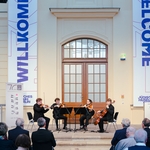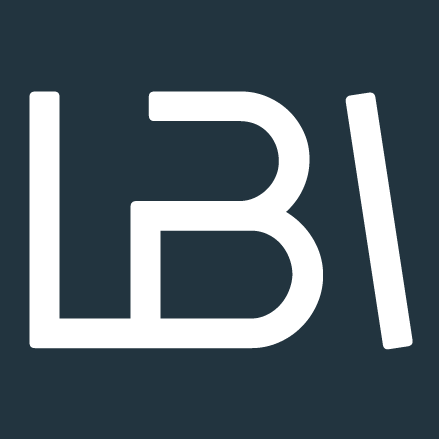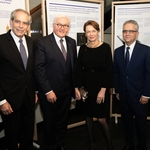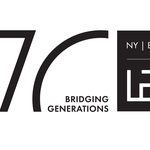Josef Joffe on the "Golden Age of German Jewry"
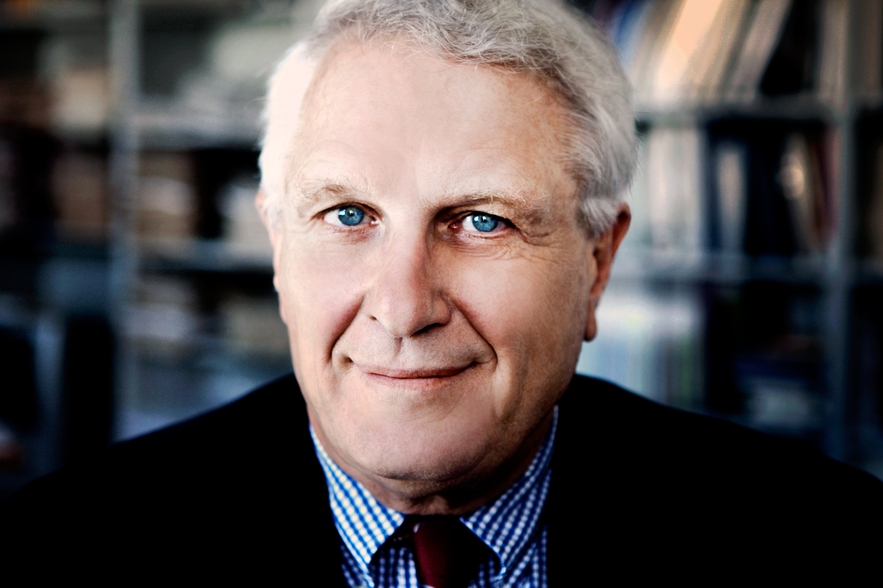
- Date
- Fri, Nov 28, 2014
Josef Joffe is the editor of Germany’s largest weekly newspaper, Die Zeit, and one of the most influential voices on international affairs today. On December 3, 2014, he will deliver the 57th annual Leo Baeck Memorial Lecture and accept the Leo Baeck Medal. His Lecture will be titled, The Golden Age of German Jewry, 1871 – 1933: Is a Remake Possible? (see back cover).
On Mondays, the Berlin daily Tagesspiegel publishes a four question interview with Joffe on page one entitled “Was macht die Welt?” (How the World Is Doing?). Usually serious, sometimes tongue-in-cheek, the column covers politics and economics, with a slant toward global affairs. What follows is a special column devoted to the LBI and its namesake.
You grew up in Berlin. How did you get involved with the Leo Baeck Institute in New York?
I was invited to get involved with LBI by Ernst Cramer, a great German-Jewish figure in postwar Germany—an editor, author, and consigliere to publishing czar (and friend of Israel) Axel Springer. “Ernie” died at the biblical age of 97 in 2010, and his name shines forth as a beacon of postwar reconciliation. Ernie asked me to join the Board of LBI, and when Ernie asked you to do something, you did not say no.
You mean you joined the Institute to honor a grand seigneur like Ernst Cramer. What about Leo Baeck?
Leo Baeck, born in Prussia in 1873, symbolizes the greatest moment of German-Jewish history—when Jews gained full citizenship rights and proceeded to unleash a Golden Age. Modern Germany cannot be imagined without the Jewish contribution to science, art, finance, and literature. Rabbi Baeck was also a key figure in Liberal Judaism, known as Reform Judaism in the United States. To exaggerate just a bit, Leo Baeck brought Judaism into the modern Western world. His vision of Judaism also happens to stem from the same liberal German tradition that brought Reform Judaism across the Atlantic in the 19th century.
Modernity—faith steeped in rationalism—could also be attributed to Maimonides or Abraham Geiger, who founded the Wissenschaft des Judentums in the 19th century. What else makes Leo Baeck stand out?
In modern parlance, he was a “role model” of extraordinary dimensions. As the Nazi nightmare descended on Germany in 1933, this man of courage and foresight became President of the Reichsvertretung der Deutschen Juden (Reich Representation of German Jews). Under his leadership, the association became a welfare agency for ever-more persecuted Jews. With Jewish children expelled from schools, the Reichsvertretung organized an education system. As bad went to worse, it helped Jews to emigrate. In 1943, Baeck was deported to the Theresienstadt concentration camp. Here, in the shadow of death, he doggedly continued his pastoral and educational work. His last lecture was held on December 23, 1944. He survived illness and torture, ending up in London where he assumed the leadership of the World Union of Progressive Judaism.
So he richly deserves the honor of having the Institute named after him. It is now a lifetime later. Does this giant have a message for the Now and the Tomorrow?
A torturous question. The German-Jewish Golden Age is the past, and it may not return so soon. Too many roots have been chopped off in Germany, too many seeds have sprouted in the New World of North America. Still, the German Jewish community is now three times bigger than in my younger days (perhaps even six times, given an estimated 100,000 who are not affiliated); indeed, it is the third-largest in Europe. Will the community regain the glory of a hundred years ago? It may, especially if a new Leo Baeck rises from its midst.
